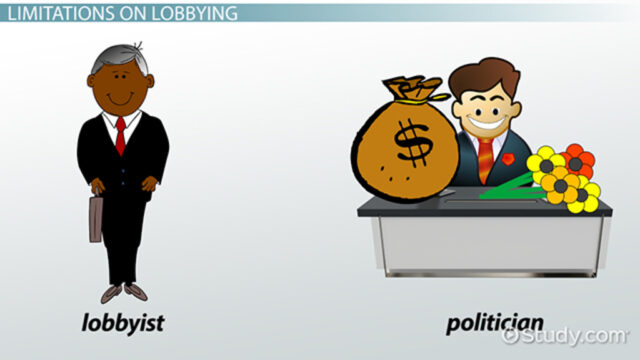Lobbying has a significant influence in making public policies—both deliberative processes and legislations—through interest groups and groups of people. The presence of lobbying may bring expert information to bear in the decision-making process but also raises issues of the potential for distortion and the balance of power.
Lobbying is an act of trying to influence the policymakers or those in authority to support specific interests or policies. It involves, among other activities, the process of providing information, campaigns, and direct advocacy. Frequently, lobbyists represent industries, non-profits, and other individuals on behalf of the organizations that have vested interests in particular legislation.
Some of the public policy domains where lobbying is high in influence are health, finance, and environmental regulation. Essential elements in such lobbying include pharmaceutical companies and health organizations fighting for their rights to drug pricing and availability, and environmentalist groups striving to avert climate change and protect nature.
Although lobbying contributes to informed policy-making by providing expertise and various perspectives, it raises concerns on the concentration of power and access. This would mean that interest groups with more masses of money could advance their arguments in a manner likely to inform policy decisions, and this may end up overshadowing the voices of very common citizens or small organizations.
These can be controlled by better transparency and regulation. Also, the inclusion of disclosure requirements, such as limits for campaign contributions, and oversight mechanisms for lobbyists, can help ensure that such practices of lobbying are within the limits of transparency and ethical in nature. In so doing, it levels the influence of special interests with the need for fair and representative policymaking, thus maintaining democratic integrity.
In conclusion, this has shown that it plays a huge role in the public policy agenda through lobbying, but it is a share of positive and negative impacts. Transparency and the regulation of lobbying practices are imperative measures in cotrolling special interests and moving on with a fair and just policy making.








